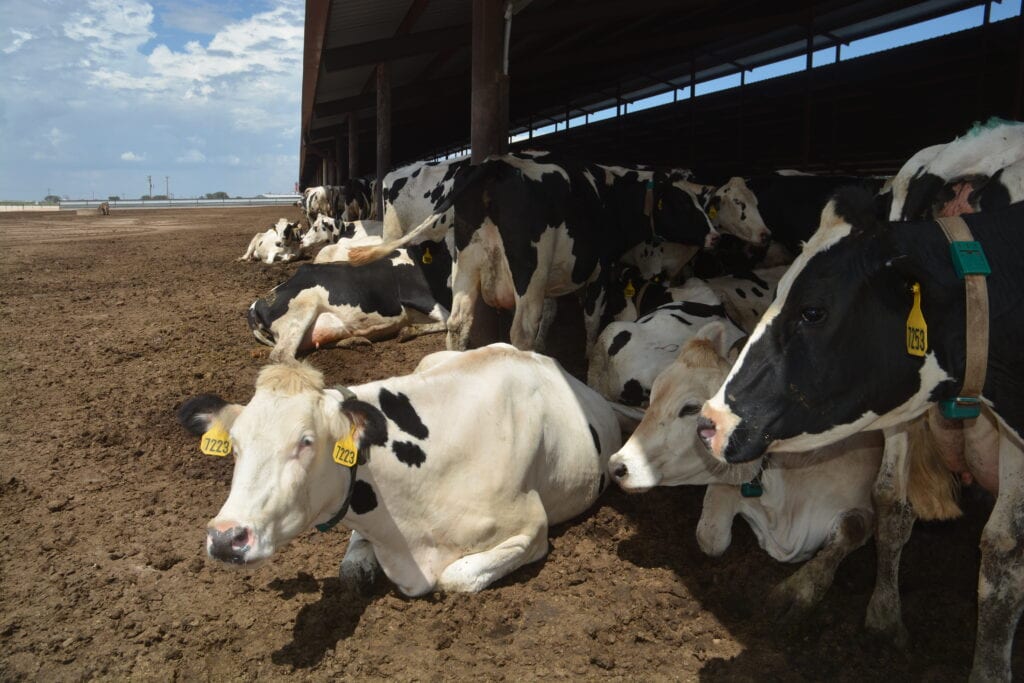
By Darren Turley
TAD Executive Director
Texas dairy producers are feeling the heat this month with no sign of rain in sight. It is truly a reminder of what summer is usually like in Texas, after the spring and early summer rains and cooler temperatures, which were a blessing for producers’ ability to restock forage supplies on farms.
Since it’s too hot to spend much time outdoors, I’ve been taking advantage of attending events that allow me to promote the Texas dairy industry while learning about other agriculture issues that impact it.
For example: Did you know that a majority of the corn grown in the High Plains is now sold as silage instead of being harvested at maturity for its grain? This was discussed recently at the Agricultural Water Sustainability Summit in Lubbock by David Gibson, executive director of the Texas Corn Producers.
Gibson shared that the ability to harvest corn earlier in its growing phase reduces the amount of water that must be applied by as much as two additional waterings, or about two inches of water. The Summit also featured discussion of several water-saving technologies and highlighted new science centered around water conservation techniques.
Also in August, I attended the West Texas Legislative Summit in San Angelo, where one of the topics discussed was water production in Texas, which is expected to be a major issue during the next legislative session. The continued addition of 1,200 new Texans a day to our state is spotlighting the need for more water and electricity. The ability to clean up brackish water from aquifers and from the water captured by the oil and gas industry from drilling will help the High Plains meet water needs in the future.
Some great advancements in nuclear energy also are in Texas’ future. Summit attendees heard about the research being done at the NEXT Lab, or the Nuclear Energy eXperimental Testing Laboratory, on the Abilene Christian University campus. The lab is experimenting with using molten salts, rather than water, as a coolant for nuclear reactors. The goal, in partnership with The University of Texas, Texas A&M University and the Georgia Institute of Technology, is to build a molten salt reactor, which would be the first of its type in the United States and the first university research reactor in many decades.
The Nuclear Regulatory Commission in June announced it will complete the safety assessment and construction permit issuance for the Natura Resources-funded Molten Salt Research Reactor (MSRR) at Abilene Christian University by Sept. 30.
Texans have the attitude that the best way to address a problem is to attack it and work through it with hard work and cooperation with others. I can’t help but notice a similar attitude in Texas dairy farmers.
Perseverance has always been a part of the dairy community, and it appears to be stronger than ever today. With the HPAI/H5N1 disease in Texas dairy herds this spring, producers buckled down to the difficult job to protect their livestock, without hesitation or question. This same attitude gets dairy farmers through the dry and hot Texas summer every year.
Texas is working hard to prepare for its bright future, and Texas dairy producers are doing their part to contribute to that future by working to produce more milk to feed the growing population and fill new processing plants coming online in our state.
Return to August 2024 newsletter


